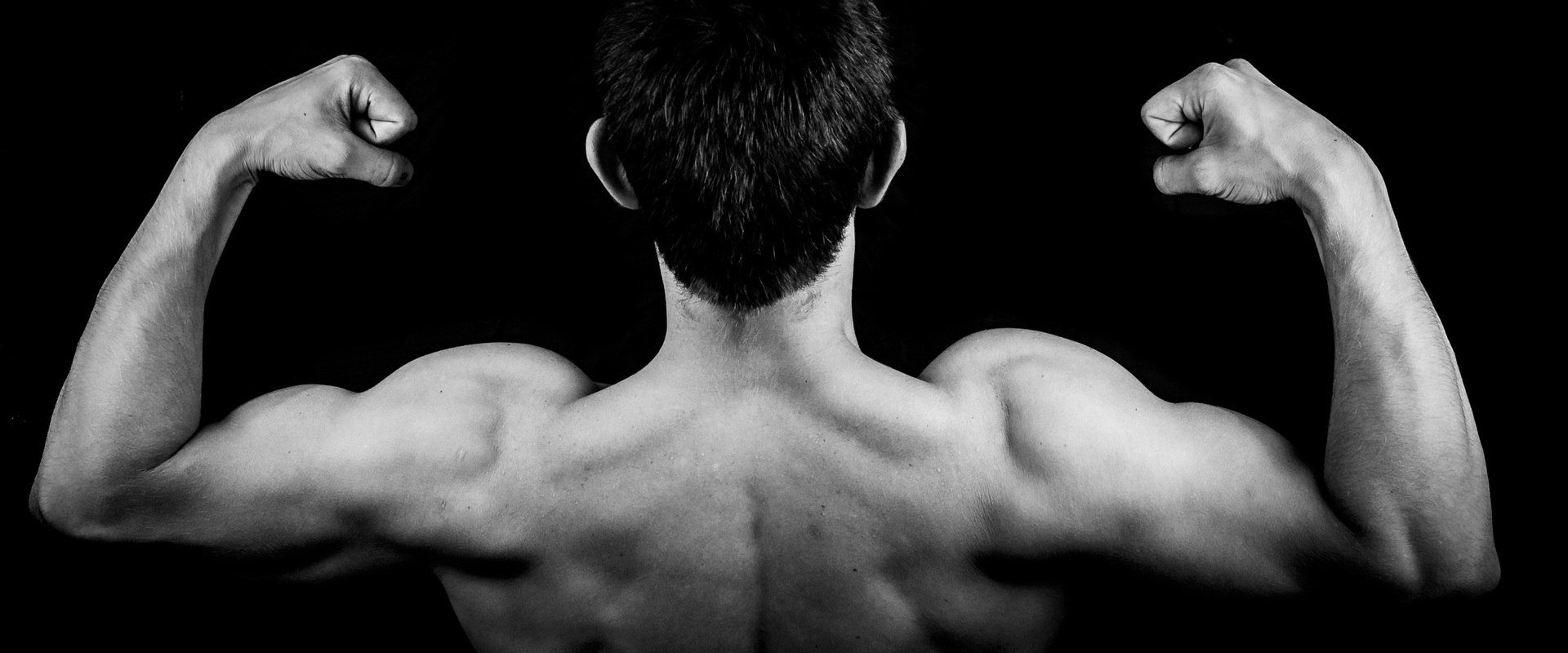Vegetarianism and physical condition: the importance of a varied and balanced diet (part I)
2017-03-15
There are plenty of illustrious examples: Olympic champion Carl Lewis, tennis champion Martina Navratilova, and the world’s greatest triathlete, Dave Scott, among others. So is it possible to practice sports and eat a vegetarian or even a vegan diet? We asked an expert:
Alessio Colli, biologist, nutritionist, personal trainer and fitness instructor.
“
Appropriate diet is essential when practicing any sport,” says Colli. “
A vegetarian diet, provided it is varied, balanced, and capable of satisfying the body’s energy requirements, that is, providing sufficient calories and responding to the organism’s vital needs, is suitable for any kind of activity. But it is necessary to take care depending on the type of sport practiced”.
There are sports requiring resistance (such as cycling, running, swimming...), power (weight-lifting, body-building...) and “a combination of both” (soccer, basketball…). “
In terms of carbohydrates, a vegetarian normally has no problem, provided their intake is sufficient for the requirements of the type of sport practiced. As carbohydrates are the body’s fuel, providing energy, resistance sports require more than power sports: carbohydrates ought to provide 50-60 percent of the athlete’s daily calorie intake.”
And what about
protein? “
The body requires between 1.2 and 1.4 grams of protein per kilo of body weight for resistance sports, 1.4 to 1.8 for mixed and power.” Of course protein requirements are lower for people with a sedentary lifestyle, who only move back and forth between the office, the sofa and the bed: “
from 0.9 to 1 gram per kilo of body weight”.
The classic stroll through the park with the dog should not be considered a sport, but brisk walking can help prevent certain pathologies. “
According to the World Health Organisation, a minimum of 150 minutes of aerobic activity a week helps prevent many non-transmissible diseases, what used to be called chronic degenerative diseases.”
Those who opt for a vegetarian diet for ethical or health reasons do not eat meat and fish but do consume other forms of animal protein. “
A lacto-ovo vegetarian consumes milk, cheese and eggs, while a lacto-vegetarian does not eat eggs and an ovo-vegetarian does not eat dairy products.”
Vegetarians get their proteins from a variety of sources, from
vegetable and animal proteins. “
Legumes should be eaten with grains, because together, they provide all the essential amino acids, forming complete proteins.”
Mariagrazia Villa
